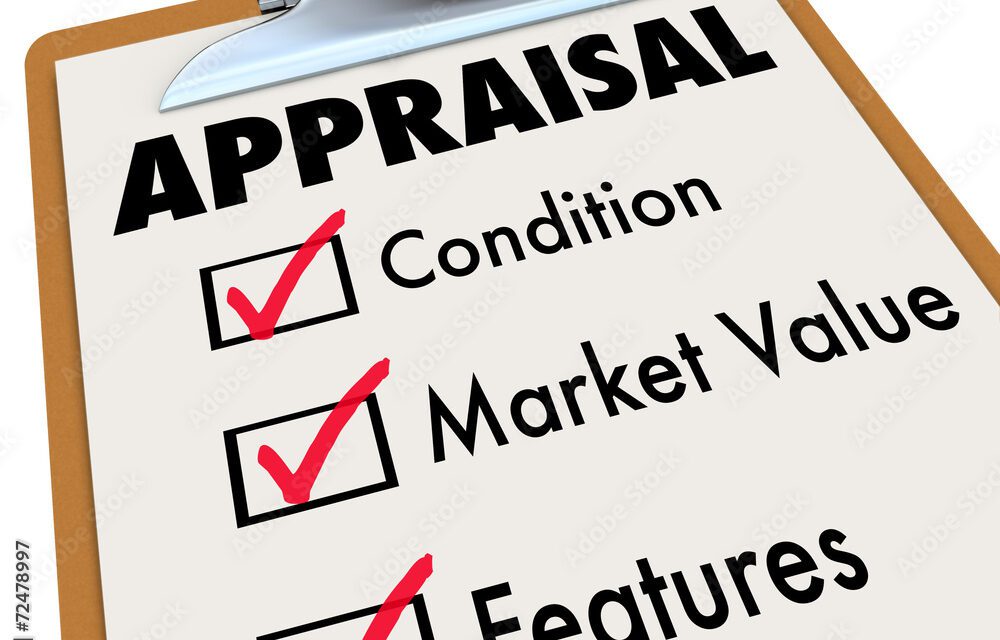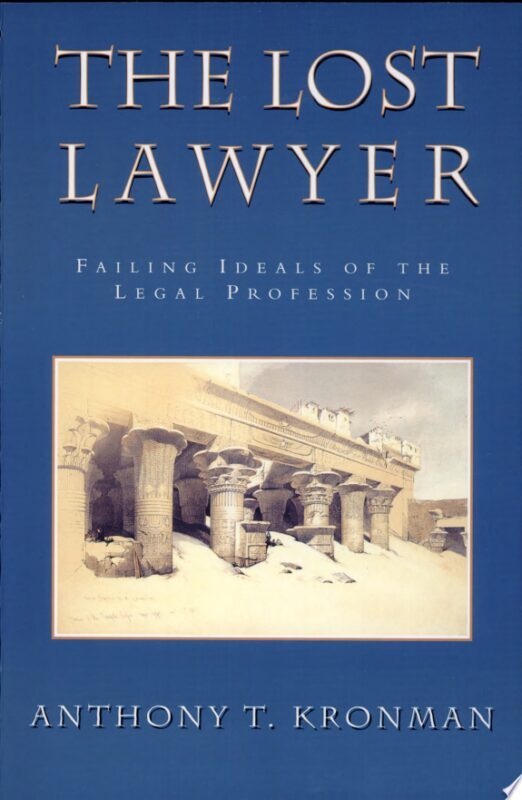Insurance Adjustment and Appraisals
Part II
The blog post now turns now to an analysis of the listed propositions.
P#1 requires a written demand; without one, there has been no valid appraisal. One might wonder what counts as a written demand. Obvious letters qualify, and—of course—that was the traditional way in which to make such a demand. One would think that emails would now do the trick. The only question there is what if it is sent to Adjuster X, in the maritime office when it was Adjuster G, in Nashville, who was working on the case. One suspects that if it were an accident or simply a harmless act, the sending to X when it should have gone to G, then there would be not question about there being a satisfactory demand. What if it were in the language of Tibetan from a professor of such things? Written on the back of an envelope, signed, but without a claim number? And so forth.
I suspect that all of them would be demands, even if they were intended to make the insurer’s “life” difficult. Obviously, there must be some limits.
—MSQ
P#4 requires that each of the appraisers must be competent. The interests of the insured requires that each appraiser know a fair amount about that which is being appraised and the economic and financial realities surrounding what has happened. In many jurisdictions, they also must have a good idea about how insured objects get injured. Thus, P#4 requires that the appraisers must know enough about that which has been injured and/or damaged, to work on valuing the loss.
Here is a simple concrete example. Consider proof loss–roof damage–resulting, at least in part, from hail damage. What do the members of the appraisal committee need to know? They will need to know:
- about roofs of the specific kind involved in the claim and therefore the appraisal, including different components of a given roof,
- about hail (e.g., size, likely speed, solidity), wind, and so forth,
- about locating hail damage to the type of roof involved,
- about the look of hail damage to a particular type of roof,
- about other relevant engineering matters pertaining to the building and the claim,
- about distinguishing between hail damages caused by the storm out of which the claim arose and such damage caused by something else, (i.e., a previous storm, the use of a hammer, jumping up and down, and so forth),
- about evaluating the monetary value of the loss, including distinct components of the loss,
- about the proper computation of losses of a relevant insurance policy, e.g., the difference between repair, restoration, and replacement, plus what types of monetary amounts should be employed, e.g., local sums, national sums, amounts used from higher priced regions, amounts used from lower prices regions,
- there is no reason to think that a former or retired judge is automatically competent to make a decisive decision, and
- and so forth.
Competence requires relevant skill and knowledge, at an appropriate level. Although the definitions of “competent” and “impartial” are commonly known, the idea of competence requires that all who are involved must be competent to do what the appraisers are doing.
Competence does not require agreement. Competent appraisers can disagree. Disagreement up to a point and over some time is rational. Debate is often rational. Recognition of this elementary fact is crucial. That is why there are Umps. Umps can disagree with the two named appraisers. Umps are not there to decide a controversy for one appraiser (party) or the other, although that may happen, and it is permitted to happen if the Ump’s decision is reasonable and at least one of the appraisers agrees enough to concur on the award. Umps and related problems will be discussed later.
P#5. Each appraiser must be impartial. Someone is impartial if and only if they are objective and disinterested. Being disinterested is not restricted to having a material interest, creditor interest, or something of the sort, for example, physical property, or some other pecuniary interest on one side of the controversy. Having some sort of substantial attachment to or involvement with (e.g., friendship) one of the parties, an attachment that is unreasonable from the point of view of avoiding partiality—whether direct or indirect, is inconsistent with a hypothesis of impartiality. Impartiality entails fairness between the two parties and includes not seeing a positive result for one of the parties from soliciting favorable treatment from another person. Objective evidence should be used in evaluating the retention of a given appraiser.
P#6. The idea that the two parties shall attempt to select an umpire, or try to do so implies that they will try to do so together. If there is no reasonable attempt to try and select an umpire, there is no actual appraisal. A failure to attempt to accomplish this purpose genuinely and reasonably is inconsistent with the language, the clause and the purpose of the appraisals.
P#7. If the two appraisers appointed by the insurer and the insured do not agree, either party may seek the appointment of an umpire from a judge. An umpire is impliedly someone who is competent and who will seek an objective and impartial decision, so this goal controls any appointment of an umpire. This idea suggests that both parties should be present for the formal presentation of any such request. Even if this is not required by the exact language of the clause, it is implied by the clause; it is probably inconsistent with the language of the clause to do otherwise; there is certainly no language to the contrary; there are no Texas cases to the contrary; there has never been serious controversy in any significant secondary literature; it violates principles of impartiality to fail to do so; and if it is done by the insured, it violates the requirement of cooperation to be found in the Conditions section, in so far as that concerns the context of settling claims.
It has already been stated that umpires must be competent in the same ways the appraisers must be competent. It is not the case that the umpire may simply be competent to make decisions. Umpires are not judges. The paradigms for umpires are to be found in sports. Consider baseball. The umpire must know more about the game than the player and usually more than the coaches. The same is true in football. Umpires are not just competent to make reasoned decisions based on what others tell them, as judges are conceived. It is not, for example, characteristic of judges to go out to a site and make realistic and informed empirical observations of alleged damages, yet this is exactly what is generally involved in being an umpire. Judges need not have expertise on the issues in dispute; umpires must. Thus, as already stated, umpires are not judges.
P#8. This proposition is an interesting requirement. It requires the appraisers to present evaluations of both the worth of the property and the amount of the damage. This explicit requirement in the policy makes something mandatory, which was not previously, in the clause, been asserted to be required in the work of the appraisers. P#8 also suggests how calculations of damages must be conducted. I shall pass over these requirements—explicit though they are—for the time being, at least.
P#10. In an appraisal, if two of the three agree, then that agreement becomes binding. Obviously, if there has been no appraisal or valid appraisal, then this mode of decision is not binding. In addition, the method of reasoning must be as set forth in the clause. Moreover, it is clear that not every agreement need cover the entire claim. It might cover some of it, but it is not the case that it must cover all.
Finally, the agreement must least be in the range of reasonable. One of the central purposes of appraisals is to obtain a reasonable result more quickly and cheaply than litigation. In my experience, at least in a first party property policy, if an insured’s demand for compensation under a policy is larger than the insurer’s evaluation, the insured’s demand is probably exaggerated. Of course, the fact that a decision in an appraisal is binding, does not make it reasonable.
Most of these principles are epistemological–how to maximize sound beliefs and therefore satisfactory conclusions from the point of view of disputed truth. Most of them are also moral–how should a person in this situation act and act honorably. A good deal has been written on the epistemology of the adjusting process, but less has been written on its moral structure. There is a little bit, however.
The Code of Ethics for Umpires in Insurance Appraisals Windstorm Insurance Networks, Inc. (2007) (Windstorm). (This appears to be a non-profit corporation, a wing of which certifies umpires and perhaps trains them.) The other code is the Umpire and Appraiser Code of Conduct (2010). (Digitory Solutions Inc.) (This appears to be a for-profit that firm identifies itself as a tech firm rendering services to P.A.s. At one point the code is said to be an internal “regulation.”) I shall discuss some of the rules found in these Codes later.






Recent Comments